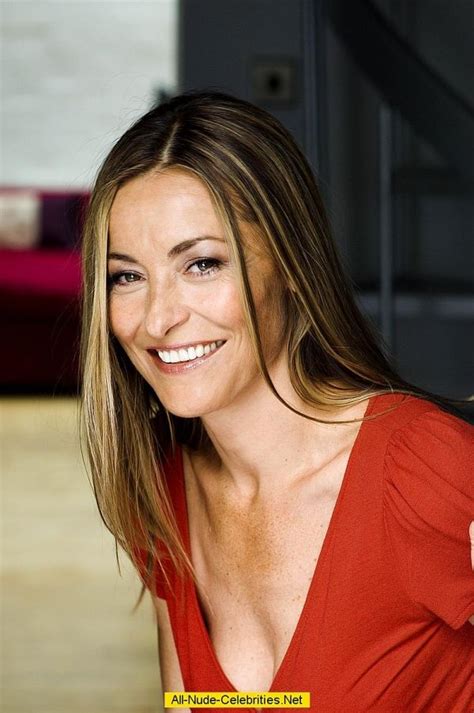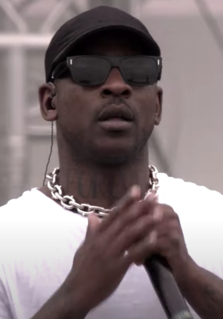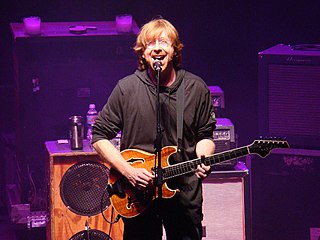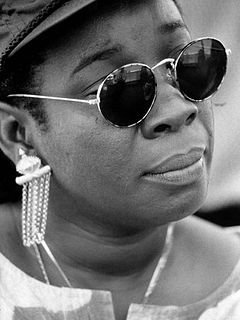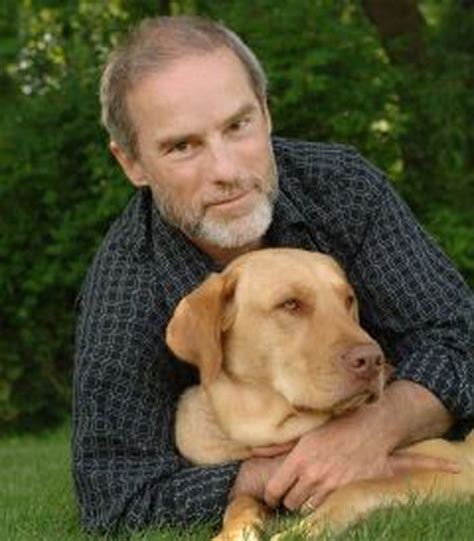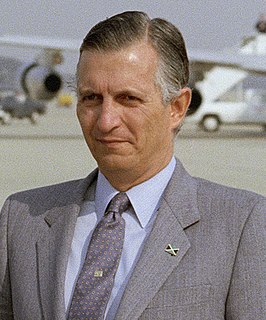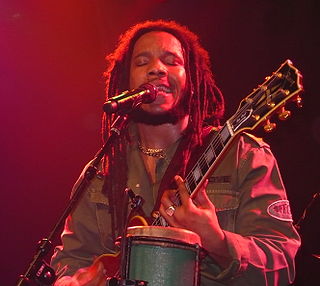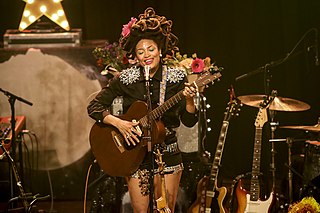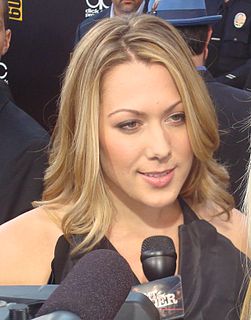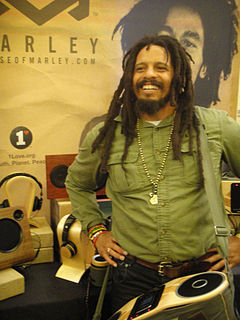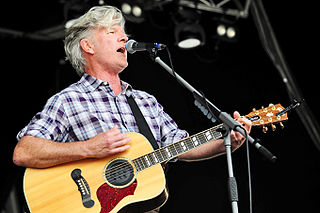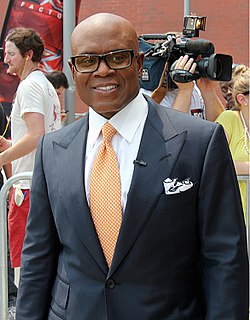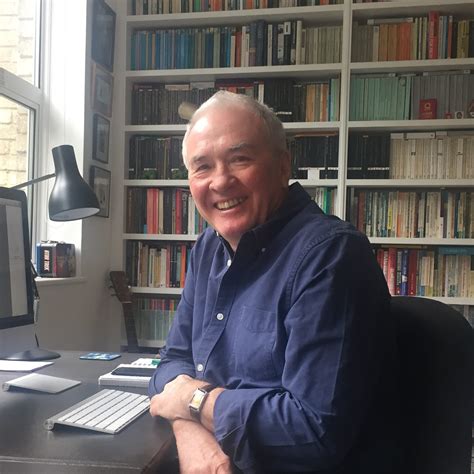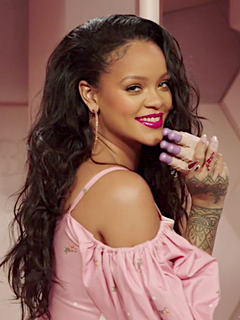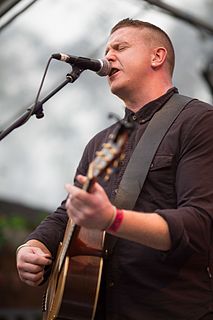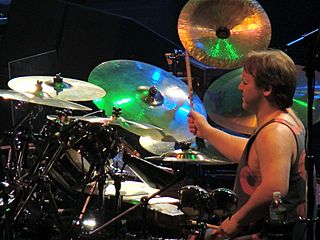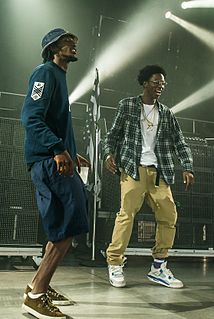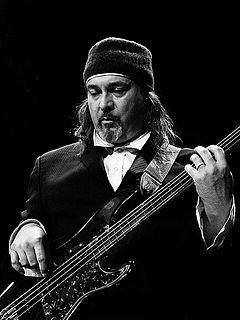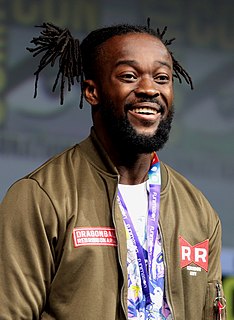Top 179 Marley Quotes & Sayings - Page 3
Explore popular Marley quotes.
Last updated on November 7, 2024.
I can't even speak Hawaiian, but if you go there and listen to a Hawaiian song, you get captured because it's so beautiful, like the melody is just gorgeous and you know Bob Marley is on the radio every single day. It's very reggae-influenced down there. Basically, you haven't been to paradise if you haven't been to Hawaii.
His voice was an omnipresent cry in our electronic world. His sharp features, majestic looks, and prancing style a vivid etching on the landscape of our minds. Bob Marley was never seen. He was an experience which left an indelible imprint with each encounter. Such a man cannot be erased from the mind. He is part of the collective consciousness of the nation.
Noah is the battle of justice versus mercy. In Genesis it says that Noah was righteous in his times. You think you sort of know what righteous means, you know, if you listen to a lot of Bob Marley. According to all the biblical scholars we talked to, righteousness is the proper balance of justice and mercy. If you think of that, as a parent, you know that if you have too much justice and you're too strict, you destroy a child. If you have too much mercy, as a parent, you destroy a child as well. A big part of this movie is Noah finding mercy for man.
Just so you know Labrodor retrivers do not howl.Begals Howl.Wolves howl. Labs do not howl, at lestnot well. Marley attempted twice to howl, both times in answer to a passing police siren, tossing back his head, forming his mouth into an O shape, and letting loose the most pathetic sound Ihave ever heard, more like gargling than answering the call of the wild. Butnow,no question about it he was howling.
A person can learn a lot from a dog, even a loopy one like ours. Marley taught me about living each day with unbridled exuberance and joy, about seizing the moment and following your heart. He taught me to appreciate the simple things-a walk in the woods, a fresh snowfall, a nap in a shaft of winter sunlight. And as he grew old and achy, he taught me about optimism in the face of adversity. Mostly, he taught me about friendship and selflessness and, above all else, unwavering loyalty.
I was eight when independence happened. I remember my mum and dad getting dressed up to go to the independence concert to go listen to Bob Marley. Independence was such a wonderful time; we had so many expectations of the kind of country we would become. The vision of the government then was a wonderful vision.
The struggle for Zimbabwe lit up the imagination of people around the world. In London, New York, Accra and Lagos, bell-bottomed men and women with big hair and towering platform shoes sang the dream of Zimbabwe in the words of the eponymous song by Bob Marley: Every man has the right to decide his own destiny.
Rap is the only super-current music. If you're into reggae or dancehall, and you don't know Bob Marley, then you don't really know what you're listening to. But if you're listening to rap, and you're 15, you're like, 'Grandmaster Flash? Who's that? Public Enemy? Yeah, my dad told me about them once.' And that's just how it is.
Today, I'd like to talk to Bob Marley. I'd just like to ask him what was his method. Bob is one of the greatest songwriters ever. I don't know if people understand how powerful his songs are and the simplicity and genius behind them, from 'Redemption Song' to 'Is This Love?' and 'I Shot the Sheriff.'
The big change was reggae and hip-hop, which came along after Split Enz had started. When Bob Marley first visited New Zealand, he lit a fuse that is still burning very brightly. The Maori people particularly honor reggae music in a very big way. So there is a strong reggae scene and a strong hip-hop scene, especially among Samoans. There's still plenty of quirky stuff around. No one expects to make much money here, so it definitely does encourage an underground sense.
People listen to The Beatles, but while they were muscially influential, they weren't culturally influential in quite the same way. You can go into the back of beyond in a little Indian village, and they will listen to Bob Marley. But they're not going to be listening to The Beatles or The Rolling Stones.
You can go to places in Africa and Asia and find Marley graffiti. In the slums of Nairobi, you see his lyrics painted on walls, and you realise he has this almost religious significance to the underclass of the world. He's a guy born in a hut with no bed, and now he's probably the most listened-to artist in the world. It's fascinating.
Artists look at the environment, and the best artists correctly diagnose the problem. I'm not saying artists can't be leaders, but that's not the job of art, to lead. Bob Marley, Nina Simone, Harry Belafonte - there are artists all through history who have become leaders, but that was already in them, nothing to do with their art.
I was recently in Israel doing my work and casting for models in the streets of Haifa and Jerusalem and Tel Aviv, meeting young Israelis and Palestinians and Falasha, Ethiopian Jews who had migrated to Israel in the '70s. They're obsessed with Bob Marley. They're obsessed with Kanye West. They're obsessed with resistance culture, people who find that they're not necessarily comfortable in their own personal and national skin.
These days it seems that every big, new, heavily promoted children's book is rather like the ghost of poor old Jacob Marley. Each one comes trailing a long, clanking chain of references - in the form of overexcited press releases and slightly hysterical jacket blurbs - to bestsellers of a supposedly similar nature.
I was in my teens and I was going through a bit of a phase, drinking a lot and doing E tablets and getting into street fighting and getting depressed. Then I'd listen to Marley and it lifted me out of it. I'd like to try and do the same for kids, that my music would give them a bit of hope and strength, and they'd know that I was telling the truth and I wouldn't lie to them.
I was sitting here without a shirt on, absentmindedly scratching my back with a pen for about five minutes and I just looked in the mirror and saw that I had drawn a nice mural on my back. It looks kind of like a map of Wyoming, with all the rivers and mountain ranges, or maybe a portrait of Bob Marley. Yes. Tablature
When I was training before I was even signed, I was listening to the Damian Marley CD 'Welcome to Jamrock,' and I got the idea one day in promo class to cut a promo in a Jamaican accent and everybody in the class went wild. That was the character I played from that point on and it kind of stuck until it didn't.

